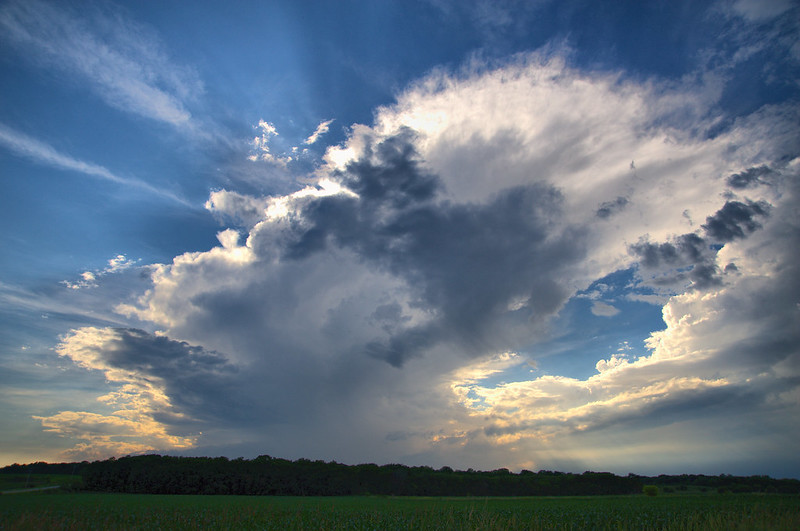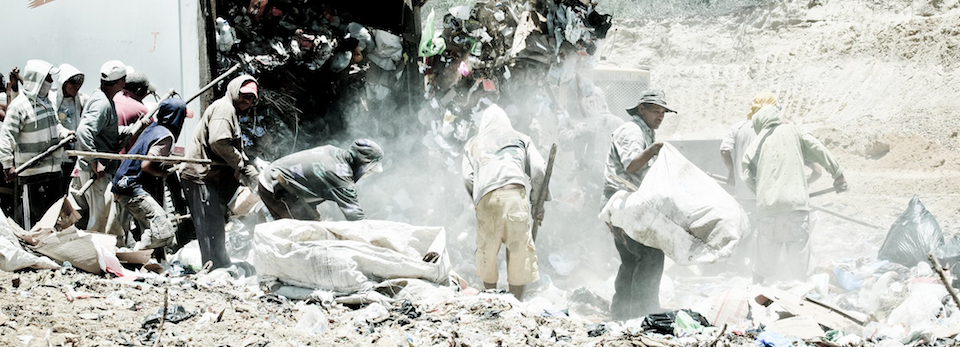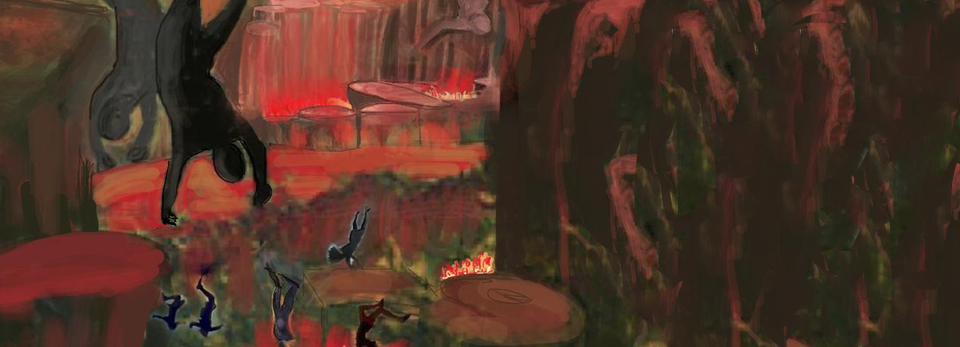Videogames enjoy a privileged relationship with futurity. No other media formats ‘have the same kind of relationship [with] pure, speculative desire that games do’ writes Cameron Kunzelman in Vice. Their affinity with science fiction technologies. Other arguments about the relationship between futurity and videogames argue that something more fundamental is at play, owing specifically to the kind of reversible, branching temporality engendered in videogames. I call this temporality procedural futurism, using a term modelled after Ian Bogost’s notion of procedural rhetoric, to highlight a kind of if/then thinking that is at work in videogames. For Bogost, the constraints and pathways of videogame procedures contain arguments about how the world is, or should, work.
View More Procedural Futurism in Climate Change VideogamesTag: climate change
The Centrality of the Trivial
At the centre of our collective inability to apprehend the climate crisis is our failure to imagine ourselves as anything other than the centre of everything. This article examines Jenny Offill’s novel “Weather” arguing that it stages the contemporary Western subject’s centring on its own trivialities as necessary to survival on an individual scale, yet also as threat to the survival of the planet.
View More The Centrality of the TrivialAlluvium Editorial 7.3
Katie Jones and Martin Goodhead present a bumper summer issue of Alluvium.
View More Alluvium Editorial 7.3Ecolarchy as Missional Leadership “From the Margins”
Meilanny Risamasu reflects on theology in the context of the Orang Suka Laut in Indonesia
View More Ecolarchy as Missional Leadership “From the Margins”Editorial: Critical Environments
In Barbara Kingsolver’s 2012 novel Flight Behaviour, environmental crisis arrives in a remote Tennessee town in the form of the migrating Monarch butterfly…
View More Editorial: Critical EnvironmentsChanging the Climate of Writing
Our climate crisis is constitutively complicated, because rather than dividing culprits from innocents, it both implicates us and impacts on us, to…
View More Changing the Climate of WritingPerforming Carbon (in the) Capital
It is rush hour in Liverpool Street Station. Hiding behind a copy of my newspaper I am trying to record a conversation between lobbyists…
View More Performing Carbon (in the) CapitalThe Thoughts in our Head: A World
The early years of the twenty-first century have seen—among its various issues and events—the beginnings of a global assimilation of the recognition…
View More The Thoughts in our Head: A World







